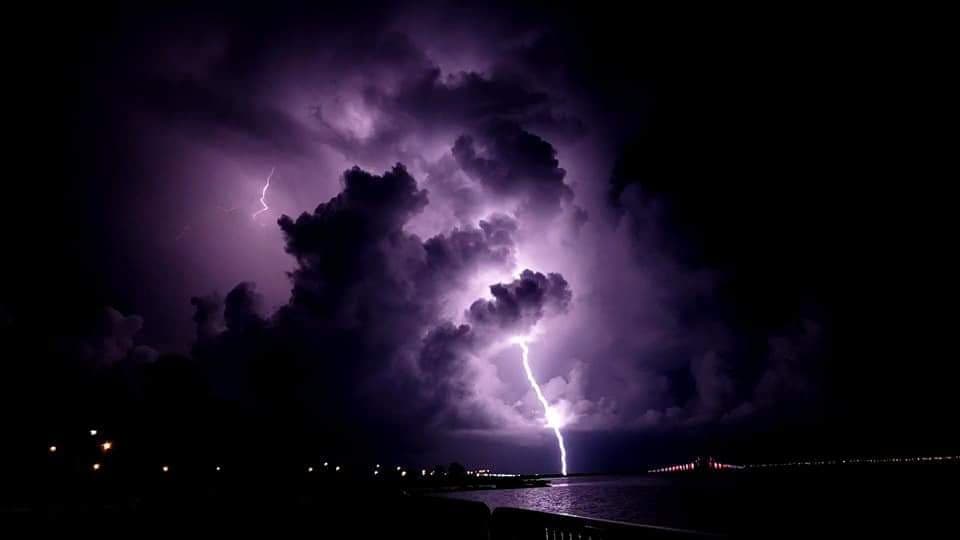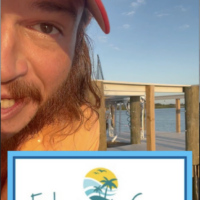Tampa Bay is a beautiful place to be. Winter is mild, spring is epic, summer is relaxed, and fall brings incredible thunderstorms. With almost 100 lightning storms a year, we are known as the “Lightning Capital of the United States,” and for a good reason. There’s hardly a storm that passes by that you don’t see and hear. Knowing these tips for lightning will ensure you can enjoy their magnificence safely.
Tips for Lightning #1: Watch the Sky
Wide-open skies make it easy to see where rain is falling and where lightning strikes. Locals warn of “pop-up storms” because unless you’re watching the sky, they can surprise you.
Accessing details such as wind speed, precipitation, and duration via radar can help track a storm. Watching the sky is your assurance that the reports you’re reading are accurate.
“Heat lightning” is a storm that’s too far away to hear. If you see clouds billowing and skies darkening, it’s prudent to pay attention to what direction it’s moving, and what you hear.
Lightning can travel up to 20 miles and strike at any angle. If you see a flash and can’t count to twenty before hearing thunder, you’re within striking distance. This is when it’s time to get off the water and seek shelter.
Tips for Lightning #2: Know Your Shelter Options
RV parks can differ significantly in their amenities. It’s important to familiarize yourself upon arrival and set up a system that you’re comfortable with.
If your park has a clubhouse like ours, you could take cover inside and wait for the storm out while playing some games or watching our big screen t.v. You could also use our bathhouse or laundry facility if the clubhouse is not available.
It’s a good idea to invest in a surge protector or unplug your rig during the storm. You can also eliminate lightning attractors by choosing sites away from trees, bringing your awning and antennas in, and becoming familiar with the foundation of your rig.
Tips for Lightning #3: Know Your Rig
Most RV’s are a Faraday Cage. In the instance that you conduct electricity from a storm, it should travel around the frame and back to the ground. This means you are generally safe in your RV if:
- It has a steel or aluminum roof.
- It has a fiberglass roof with an aluminum frame.
If your rig does not have an aluminum frame with a steel or fiberglass roof, it is suggested that you take cover in your vehicle or nearby buildings. Either way, we also recommend that you do the following:
- Unplug electronics
- Close all windows and doors
- Have a preparedness kit on hand
Lightning strikes can be a beautiful and exciting part of nature. They can also be very dangerous. It’s essential to know your rig, your amenities, and the signs of weather ahead. It’s also important to savor beauty before it passes. We love to grab a cup of tea and open the blinds and enjoy the show, and here at Fisherman’s Cove Resort, there is a host of awe-inspiring beauty to take in.
We look forward to seeing you soon!

Written by Janel Jungels, Photo credit Phil Lambert







